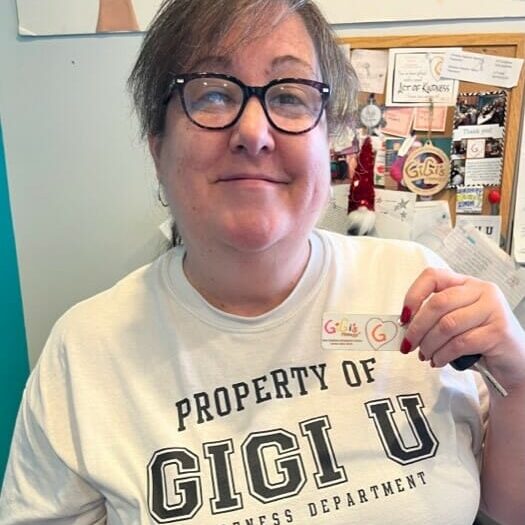Prenatal Screenings: Your Key to Medical Preparedness – by Jenny Silverstone
Technological advancements like diagnostic ultrasounds, genetic testing, and prenatal screenings have taken a lot of the mystery out of pregnancy, but there is still a lot we don’t know about congenital disorders and birth defects. In fact, a full 70% of them happen for an unknown reason, and 20% are due to genetics. But this still leaves 10% due to environmental factors that are potentially preventable.
Many women simply don’t know about these factors or don’t have access to quality prenatal care that will help educate them on how to best achieve a healthy pregnancy.
The Importance of Prenatal Care
One of the best things a woman can do to improve her chances of having a healthy baby is to get good-quality prenatal care. Under the guidance of an OB/GYN, she will receive counseling about which substances and activities to avoid (like certain prescription drugs, alcohol, and foods that are at a high risk for carrying bacteria), and get guidance and possible professional support around which activities she should implement (like regular exercise and dietary changes).
She will also have access to the full gamut of prenatal screening options.
The Importance of Prenatal Screening
For most women, prenatal screening simply gives them peace of mind that their baby is developing as expected – especially considering that the vast majority of babies are born healthy. But it’s more than just an anxiety-relieving convenience because, for the babies in whom an abnormality is detected, a prenatal diagnosis can help dictate proper medical care throughout the remainder of pregnancy in order to achieve the best health outcome possible for both mother and baby.
Screening also ensures that appropriate medical care will be available immediately following the child’s birth, and that parents can prepare both emotionally and physically to care for a baby that may have special needs and challenges.
How You Can Help
One of the best ways you can help to reduce the incidents of preventable congenital disorders is through creating acceptance and awareness by supporting events such as National Birth Defect Awareness month and Down Syndrome Acceptance month.
You can also encourage pregnant women you know – especially those that are young, low-income, or otherwise at risk – to seek prenatal care and go through with genetic testing. While many women say “it doesn’t matter” and opt out with the commitment to carry a child to term no matter the result, the truth is that testing is not really about pregnancy viability. It’s primarily about medical preparedness, and to ensure the best health outcome for your child, it’s important to know if they need special prenatal or postnatal care as early in pregnancy as possible.
Finally, support your local health clinics, social service organizations, and special needs support groups that help women and children who are the most vulnerable. They are the ones who primarily lack education, resources, and access and are the most at risk for negative health outcomes during pregnancy.
Recent Posts




Great post! The more information about these issues we can spread, the better for everyone. Babies and parents alike.
Thanks for sharing!
Kim